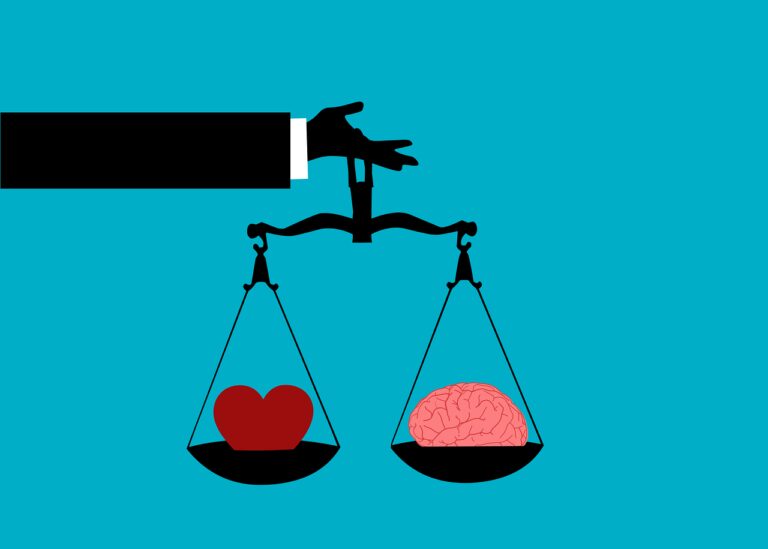
The political spectrum is a vast landscape where various ideologies collide and compete for dominance. One of the most significant debates in this realm is between libertarianism and authoritarianism.
These ideologies represent two fundamentally different visions for society, with libertarianism championing individual freedom and limited government, while authoritarianism emphasizes strong centralized control and social order.
🗽Introduction
Within the realm of political philosophy, debates surrounding governance and individual freedom often revolve around the ideological frameworks of libertarianism and authoritarianism. These opposing perspectives represent contrasting visions for the organization of societies, the role of government, and the extent of personal liberty.
Defining Libertarianism
Libertarianism is a political philosophy rooted in the principle of individual liberty. It emphasizes minimal government intervention in both personal and economic affairs, championing the idea that individuals should be free to make choices and pursue their own interests without undue interference. Libertarianism promotes limited government, protection of private property rights, free markets, and voluntary interactions.
Understanding Authoritarianism
Authoritarianism, in contrast, represents a political ideology characterized by a concentration of power in the hands of a central authority or ruler. Authoritarian regimes prioritize the maintenance of control, often employing strict regulations, censorship, and coercive measures to enforce compliance with government policies. The state takes a dominant role in shaping societal values, economic activity, and individual behavior.

Governance and Individual Liberty
Libertarianism
Libertarians advocate for a minimal state that acts as a safeguard for individual rights and provides essential public goods. They argue that government interference should be limited to protecting citizens from force, fraud, and coercion while refraining from excessive regulation or intervention in personal choices and economic transactions. Libertarians believe that individual liberty is the foundation for social harmony, innovation, and prosperity.
Authoritarianism
Authoritarian regimes concentrate power in the hands of a ruling authority, which exercises significant control over various aspects of public and private life. In the name of maintaining order and stability, authoritarians may curtail civil liberties, suppress dissent, and limit individual freedoms. The state assumes a paternalistic role, making decisions on behalf of citizens and subordinating personal autonomy to collective interests or ideological objectives.
Economic Perspectives
Libertarianism
Libertarians generally advocate for free markets and limited government regulation in economic affairs. They argue that voluntary exchanges and competition in an open market are more efficient and conducive to individual flourishing than in state-controlled economies. Libertarians champion private property rights, entrepreneurship, and the belief that market forces can efficiently allocate resources and drive innovation.
Authoritarianism
Authoritarian regimes often adopt varying degrees of state intervention in economic activities. Some embrace command economies, where the state exercises significant control over production, distribution, and pricing.
Others may implement mixed economies, combining state intervention with elements of private enterprise. Authoritarian economic systems prioritize central planning, state ownership, and the pursuit of collective goals over individual choice and market dynamics.
Views on Social and Cultural Matters
Libertarianism
Libertarians tend to adopt a permissive stance on social and cultural matters, advocating for personal autonomy and the right to make choices that do not harm others.
They support individual rights, including freedom of speech, expression, and lifestyle choices. Libertarians generally oppose government-imposed moral or social standards, favoring a society where individuals are free to pursue their own values and beliefs.
Authoritarianism
Authoritarian regimes often seek to shape and control social and cultural norms to align with their desired values or ideologies. They may enforce strict regulations on speech, expression, media, and cultural practices to maintain social order and ideological conformity.
Authoritarians may prioritize collective values, societal cohesion, and the preservation of traditional norms over individual autonomy.
Implications for Society
Libertarianism
Proponents argue that libertarian principles promote individual flourishing, economic prosperity, and social harmony. They contend that limited government intervention empowers individuals, fosters innovation, and allows for voluntary cooperation among citizens. However, critics assert that unregulated markets can lead to inequality, exploitation, and inadequate provision of public goods.
Authoritarianism
Critics of authoritarianism raise concerns about the potential for abuse of power, suppression of dissent, and violation of human rights. Authoritarian regimes can stifle individual creativity, hinder social progress, and limit democratic participation.
While authoritarians argue that their approach ensures stability and efficient governance, detractors highlight the dangers of concentrated power and the erosion of individual liberties.
Conclusion
The debate between libertarianism and authoritarianism is a crucial one, representing contrasting visions for the organization of society. While libertarianism values individual freedom and limited government, authoritarianism prioritizes social order and centralized control. However, an extreme adherence to either ideology can lead to unintended consequences.
Striking a balance between individual freedom and social order requires thoughtful consideration, recognizing the importance of personal liberties while acknowledging the need for governance and collective action. Finding a middle ground that combines individual autonomy, responsible governance, and participatory democracy can pave the way for a society that upholds both individual rights and the common good.





